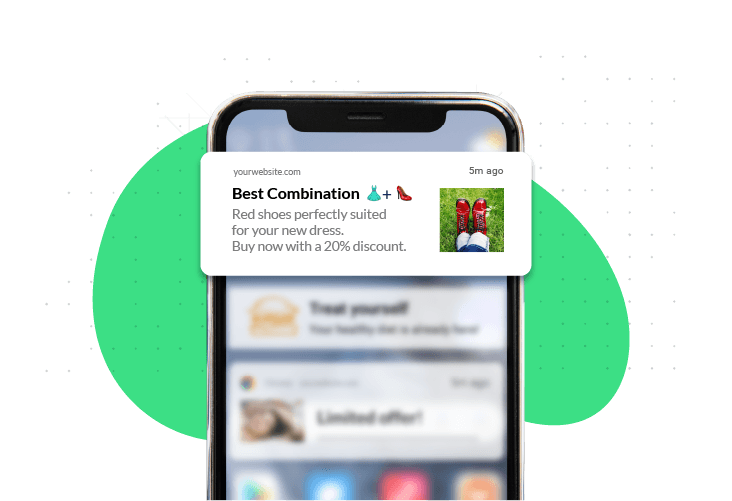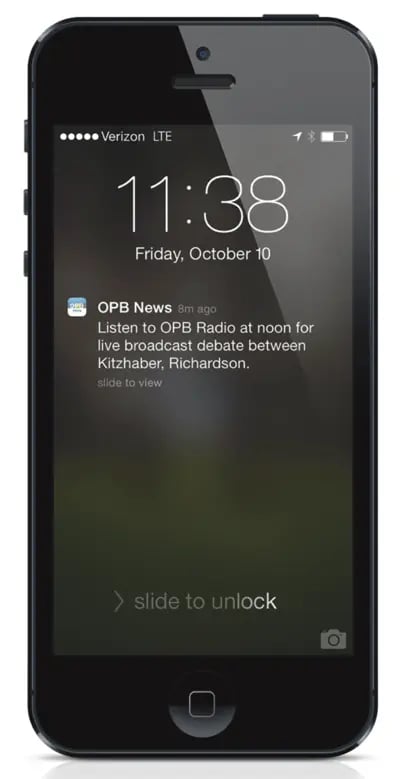2
min to read
Jan 2, 2024
In today's fast-paced business landscape, lifecycle marketing plays a crucial role in engaging customers throughout their journey with your brand. AI-driven automation has revolutionized the way businesses streamline their lifecycle marketing campaigns, enabling them to deliver highly personalized and relevant experiences to their customers.
AI in Lifecycle Marketing
AI has transformed lifecycle marketing in several ways, including:
Data Analysis: AI can analyze vast amounts of customer data, including behavior, preferences, and interactions with your brand, enabling marketers to gain valuable insights into customer journeys and tailor marketing strategies accordingly.
Predictive Analytics: AI algorithms help identify patterns that can be used to boost client engagement and satisfaction levels, raising conversion rates for businesses.
Automation: AI enables automation of repetitive tasks and processes, allowing for faster problem resolution and improved customer experience.
Personalization: AI-powered customer engagement in lifecycle marketing improves customer engagement, fosters brand positioning, and leads to long-term success.
AI-Driven Automation in Lifecycle Marketing Campaigns

AI-driven automation has become an essential tool in lifecycle marketing, as it helps businesses streamline their campaigns and improve customer engagement. Some ways AI-driven automation enhances lifecycle marketing campaigns include:
Automated Customer Segmentation: AI can analyze customer data and create specific segments based on their predicted lifetime value, allowing marketers to tailor their marketing efforts to these segments for maximum impact.
Dynamic Content Personalization: AI algorithms can help identify patterns that can be used to boost client engagement and satisfaction levels, raising conversion rates for businesses.
Predictive Churn Prevention: AI can help predict customer churn before it happens, enabling businesses to take proactive measures to retain valuable customers and reduce attrition.
Automated Experimentation: AI-driven solutions, such as reinforcement learning, can automate the process of experimentation, seeking to maximize the chosen success metric. The AI learns from every customer interaction and applies these insights to the next day's recommendations.
Improved Customer Service and Experience: AI-enabled customer service and experience can significantly improve customer satisfaction and increase customer engagement.
Benefits of AI-Driven Automation in Lifecycle Marketing

By leveraging AI algorithms for data analysis, personalization, predictive analytics, and automation, businesses can deliver highly personalized and relevant experiences to their customers, ultimately leading to improved customer satisfaction, brand loyalty, and business growth. Some benefits of AI-driven automation in lifecycle marketing include:
Increased Efficiency: AI-driven automation streamlines lifecycle marketing campaigns by automating repetitive tasks and processes, allowing for faster problem resolution and improved customer experience.
Improved Customer Engagement: AI-powered customer engagement in lifecycle marketing improves customer engagement, fosters brand positioning, and leads to long-term success.
Predictive Analytics: AI algorithms help identify patterns that can be used to boost client engagement and satisfaction levels, raising conversion rates for businesses.
Personalized Marketing: AI-driven solutions, such as predictive analytics and machine learning, help companies better analyze customer behavior and anticipate their needs, leading to more successful lead generation and marketing efforts.
In conclusion, AI-driven automation has become an essential tool in lifecycle marketing, as it helps businesses streamline their campaigns and improve customer engagement. By leveraging AI algorithms for data analysis, personalization, predictive analytics, and automation, businesses can deliver highly personalized and relevant experiences to their customers, ultimately leading to improved customer satisfaction, brand loyalty, and business growth. As AI continues to advance, its role in lifecycle marketing will become increasingly important, making it essential for businesses to embrace this technology and adapt to the changing marketing landscape.




